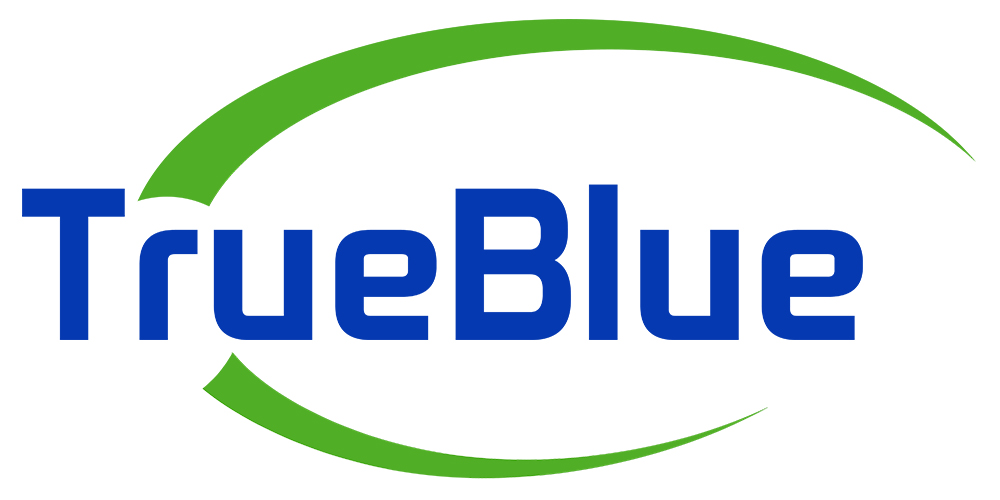6 Tips to Crafting a Stronger Password
Have you ever had one of your accounts hacked? If you have, you know the inconvenience of having to change passwords and going through your account to make sure everything is in order. You also know the insecure feeling of this invasion of privacy. In most cases, hacking can be prevented with the use of strong passwords. A “strong password” is defined as an atypical password due to a mixture of numbers, letters and special characters which make it difficult to crack. Here are some tips on how to craft your own strong password.
1. Avoid Using Common Words
A common word as your password is a surefire way to an account hack. Automated hacking programs use a method called “brute force” to do just that – repeatedly try passwords on an account until the correct password is found. This method employs the use of every word in the dictionary and easy to guess word combinations. You can be sure that the first word that every program tries with this method is “password.”
2. Avoid Using Dates and Names
Another common tactic used by brute force programs are combined dates and names. Birthdays, anniversaries, famous dates; all are easily cracked with brute force. It doesn’t really matter what the date is, either. The program will try every dates on the calendar for multiple years. Using names as passwords or part of passwords also results in a weak password. Using the names of friends and loved ones may be endearing and easy to remember, but this is in no way secure. While it’s true that a name and date combination may be strong enough to fool a brute force program, a human hacker will have an easy time guessing your password with a little research on your social media accounts.
3. Incorporate Numbers
With all of this in mind, you might consider using a password which simply contains numbers. This is also not a secure tactic when creating a password and here is why: passwords consisting of four to six number combinations are easily cracked. However, sprinkling a few numbers into your password can do wonders for its strength. Even by just adding “123” to the end will greatly decrease the chance that your password will be cracked. For example, if you’re a football fan “patriots” might be the perfect password for you, but it’s very weak. Add a few a numbers and it becomes “123patriots456.” While this is not the strongest password, it will thwart brute force attacks… it’s still in danger for human hackers, though. Let’s see if we can fix that.
4. The Shift Key is The “Key” To Strong Passwords
Mixing upper and lower case letters will increase password strength. As will the addition of special characters. To this effect, the shift key is your best friend. This type of complex password is strong but I know that it can be hard to remember. How should one remedy this? Use the shift key at the right times to make it easy to remember. Let’s take our example password again: “123patriots456” can become “123Patriots$%^” Capitalizing the P in patriots is easy to remember but how to remember a dollar sign, percent sign and a carrot? Simple. Holding down the shift key while pressing “456” will produce “$%^” You don’t have to remember the individual special characters, just which numbers you used with the shift key. This keeps the password easy for you to remember and nearly impossible to guess, by human or program.
5. Longer Passwords Are More Secure
There’s a reason that most systems which require passwords have a minimum length requirement. For every character in a password, its strength is increased exponentially. How many characters should your password have? As many as you can easily remember. Passphrases are useful if you really want to be secure. Something like “PatriotsSuperBowl2002” would be very strong and easy to remember, however with such a long password you could easily do a typo resulting in an account lockout. I recommend at least eight characters in length and at the most fourteen characters.
6. Easy To Remember, Hard To Guess
The ultimate goal is to create a password which uses all the above tips, that is easy for you to remember, and still difficult for anyone or anything else to guess. To achieve this, passwords should be centered around one word or a short phrase. This word should be obscure enough that no one will be able to figure it out, but still in line enough with your own personal interests that you won’t forget it. So if you like football, using “patriots” may be a little too easy for people to guess since they may know that you like the patriots. Using a player name like “brady” would be breaking the no name rule. Something slightly more obscure would be even better but keep it in the realm of football like “fieldgoal” or “4thdownkick”.
Let’s Put it All Together
Take your “4thdownkick” and add in that sprinkle of numbers to replace similar looking letters (like replacing an “E” with a “3”) and use the shift key to “capitalize” the “4” along with “down” and “kick” and “4thdownkick” becomes “$thD0wnK1ck”. Now that’s what I call a strong password!
Are you ready to take this with you? Here’s our handy infographic with quick notes on how to craft your secure password.
